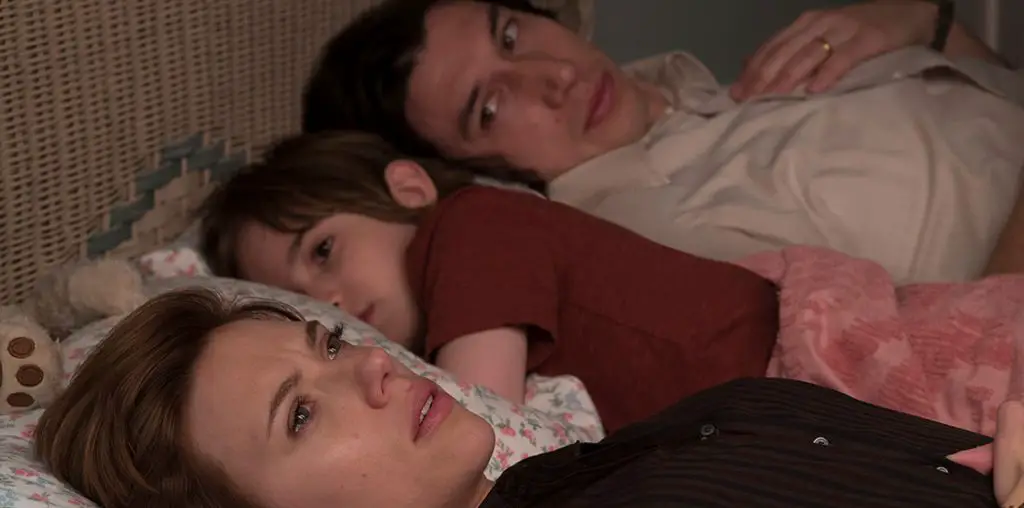
The teacher film is as big a curse as any other crowd-pleasing genre. The format’s build-up to the characters’ success is nothing more than the “Rocky”/”Karate Kid” template. It’s hardly ironic that John G. Alvidsen directed both those films, since he brought the same formula to the moralizing student film “Lean on Me.” This project felt more formulaic than the other two, but was thankfully saved by Morgan Freeman’s high-octane portrayal of Paterson, NJ principal Joe Clark, who’d light a fire under the good kids and kick out the bad, should they not turn things around.
Last year’s critical darling, the French film “The Class,” realized some astonishing verity – that teaching is a battleground job dismissed or ignored by the misinformed. The film’s opening shots are exhilarating, until you realize they are the start of a routine that recycles such sentiment. Nothing more is offered than a short film’s worth of inventiveness.
Perhaps the subject is too strong for fiction. The real teachers out there and the work they do is too much for the adult community to comprehend – the average Joe can only recall their own time in high school, and judge everything from that distorted adolescent viewpoint. The documentarian who approaches this subject needs to disassemble this common, bland point of view. The filmmaker needs to hold tight to the camera, eliminate any comfort zone, remove for adults the security that this is all in the past for them. (Nanette Burstein’s “American Teen” is an exception as a full-bodied take on an MTV true-life program, about the kids and for the kids, with adult viewers peeping in.) The “teacher” documentary needs to look into the face of tireless saints we call teachers to reflect their greatness and all they can accomplish.
In “Pressure Cooker,” Wilma Stephenson spearheads the culinary arts program – housed under the moniker “Home Economics” – at Philadelphia’s Frankford High School, a program I doubt would survive should she leave her job. Stephenson’s intensity mostly goes toward fueling student progress, but can veer off into fireballs should student behavior be poor. Many viewers will wince when she screams bloody gore at a teen who slams her door. Then the filmmakers cut to another student, Erica Gaither (who will be a main focus in the film), professing respect for her teacher (even if she lacks “people skills”). Such a move would be manipulative in a fictional film, were a screenwriter to dream up such a kid. But we meet the real Erica face-to-face and see the success of her teacher’s influence. Further, we know that Stephenson’s take-no-s**t attitude earns this respect.
Her Northeast Philly students profiled in the film are dreamers, aspiring to leave their home of little promise. Through Stephenson’s guidance, they now have goals in sight. It’s unlikely they’d choose culinary arts as a passion, but it’s clear this is the school’s best avenue to get the kids out and into higher ed. Like most teens, her students are in the middle of their journeys, unsure of the next steps that will help them discover their career choice. Yet Stephenson’s class breeds discipline and success, essential to whichever avenue the students take. For Tyree Dudley, an All-State defensive lineman/budding culinary craftsman, the life lessons learned in his two extra-curricular interests have fed upon one another. Don’t be let down if you can predict his outcome – this kind of teen is working his way right out of the ghetto.
We witness many of Stephenson’s inspirational moments during class, but miles more exist behind her students’ skills and execution. More than just creating cuisine, they produce knock-out plates of cucumber salad, crepes, delicately sauced meats, and the like. Needless to say, I grew a deep hunger while watching “Pressure Cooker,” not just from the students’ mouthwatering dishes, but from the fact that Wilma Stephenson could uniformly inspire such success.
Don’t expect her presence to completely overshadow convention. The film tracks her students working toward a year-end contest, for which Stephenson has them practicing relentlessly – even during spring break. This event is no joke. The winners will earn scholarships to top culinary institutes; the gravity of it resounds when we spot Iron Chef Morimoto as one the judges. Surprises aren’t on order here, since Stephenson’s work will mean only one result. (One glance at the face of emigree African student Fatoumata Dembele, determined but overwhelmed by the opportunities she’s found, is more than worth the price of admission.) Stephenson’s the kind of teacher who’ll take a young lady to get a prom dress, after all, and at the contest she watches like a hawk – a mentor who’s as much parental, or perhaps sisterly.
This film, which chronicles the 2006-07 school year, took the jury documentary award at this year’s Philadelphia Film Festival. Curiously, “Cooker” is across the map from the festival’s 2008 First Feature winner, the hypnotic tone poem “In a Dream” (now also in limited release). This documentary features muralist-madman Isaiah Zagar, whose gloriously fragmented inspirations have brought character to a number of Philly buildings. “Dream” is a subjective tour-de-force, while “Cooker” sports a tale of triumph and social justice. Stellar works of non-fiction can take many forms; I’m thrilled that two of the recent best have come from my stomping grounds.
